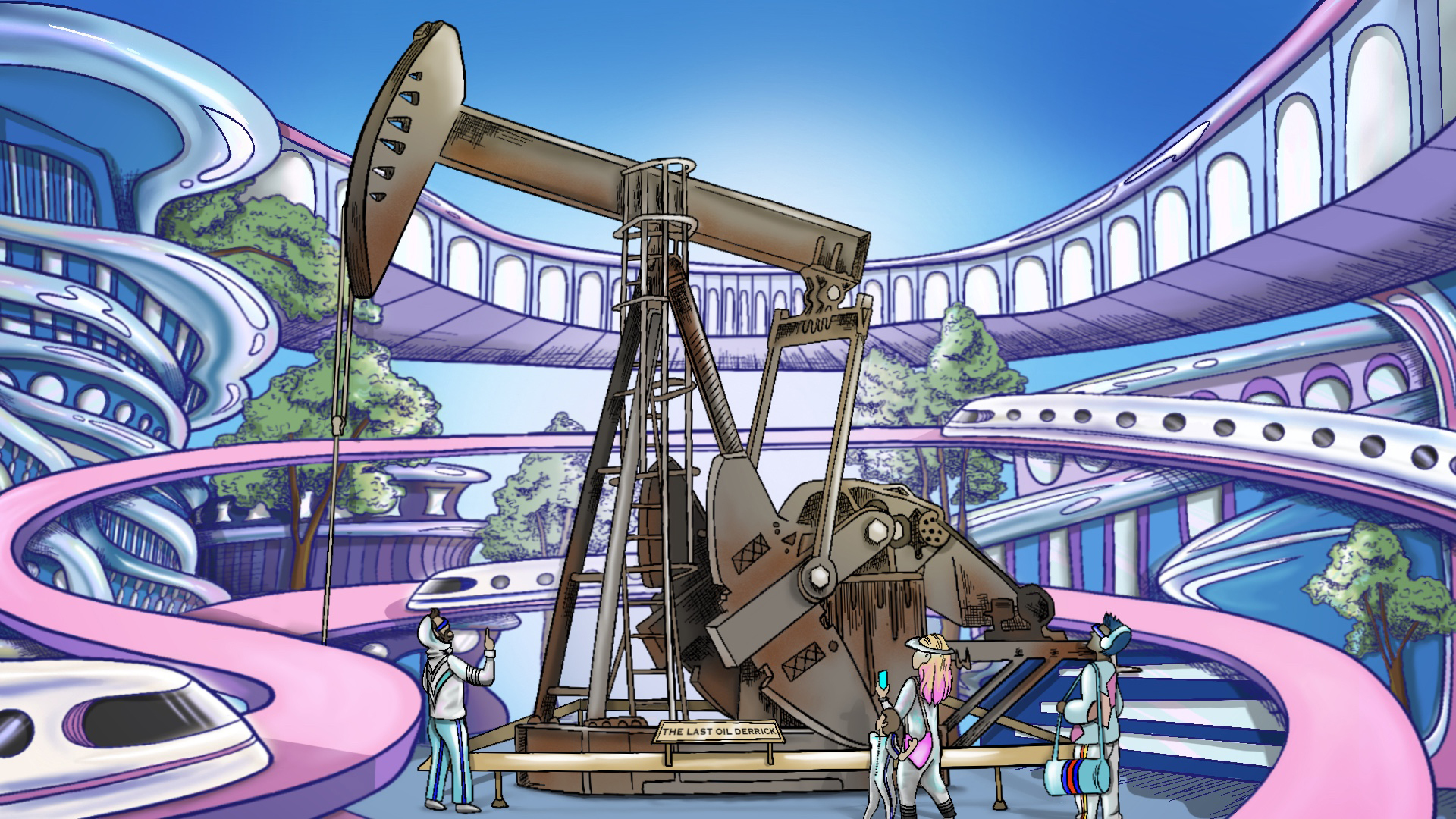Thorgalaeg
Deity
I think there was a similar thread some time ago, but posting there would be necroposting or whatever it is called so:

 www.livescience.com
www.livescience.com
I remember that just a few years ago, the biggest fear along a nuclear war was about oil reserves dwindling, production declining and oil prices skyrocketing. (The Mad Max scenery) This was called the peak oil. Well, it seems we've reached that peak, but not because reserves are declining, which are not at all, but rather because demand is declining, and rapidly, along prices. The use of oil is obviously not going to disappear completely. There are products like plastics that will be made with oil in the foreseeable future, but in general, it will become less and less necessary in the coming years, especially in places with the most advanced infrastructures, like Europe, Japan, South Korea, and China. In fact, it's already happening. These places stopped burning oil to get energy almost completely and the automotive industry is also phasing it out slow but inexorably, these two sectors accounted for the vast majority of oil consumption just a decade ago. It's harder to stop using oil in ships and airplanes, but they will do so too; still it represent a small percentage of total consumption. Of course, this trend varies by region. We have underdeveloped places like India and Africa, and to some extent Latin America, that will continue using oil massively in the next decades, and others that are not that underdeveloped but backward by choice, like the United States, which will apparently maintain oil as a essential resource for longer. Even so, oil could be on the same path of decline as whale oil at the beginning of the 20th century, and countries that rely on oil production, like Saudi Arabia and Russia, face the same bleak future as whaling stations.
So, that's the way things apparently are. What do you think will happen to oil in the coming decades, and how will it affect you and secondarily the world order?

The 165-year reign of oil is coming to an end. But will we ever be able to live without it?
Like whale blubber, oil as a dominant source of energy will gradually be phased out over the next decades. Here's what that transition may look like.
I remember that just a few years ago, the biggest fear along a nuclear war was about oil reserves dwindling, production declining and oil prices skyrocketing. (The Mad Max scenery) This was called the peak oil. Well, it seems we've reached that peak, but not because reserves are declining, which are not at all, but rather because demand is declining, and rapidly, along prices. The use of oil is obviously not going to disappear completely. There are products like plastics that will be made with oil in the foreseeable future, but in general, it will become less and less necessary in the coming years, especially in places with the most advanced infrastructures, like Europe, Japan, South Korea, and China. In fact, it's already happening. These places stopped burning oil to get energy almost completely and the automotive industry is also phasing it out slow but inexorably, these two sectors accounted for the vast majority of oil consumption just a decade ago. It's harder to stop using oil in ships and airplanes, but they will do so too; still it represent a small percentage of total consumption. Of course, this trend varies by region. We have underdeveloped places like India and Africa, and to some extent Latin America, that will continue using oil massively in the next decades, and others that are not that underdeveloped but backward by choice, like the United States, which will apparently maintain oil as a essential resource for longer. Even so, oil could be on the same path of decline as whale oil at the beginning of the 20th century, and countries that rely on oil production, like Saudi Arabia and Russia, face the same bleak future as whaling stations.
So, that's the way things apparently are. What do you think will happen to oil in the coming decades, and how will it affect you and secondarily the world order?

